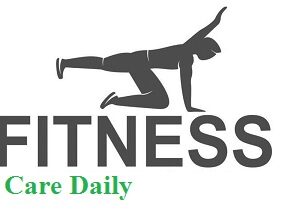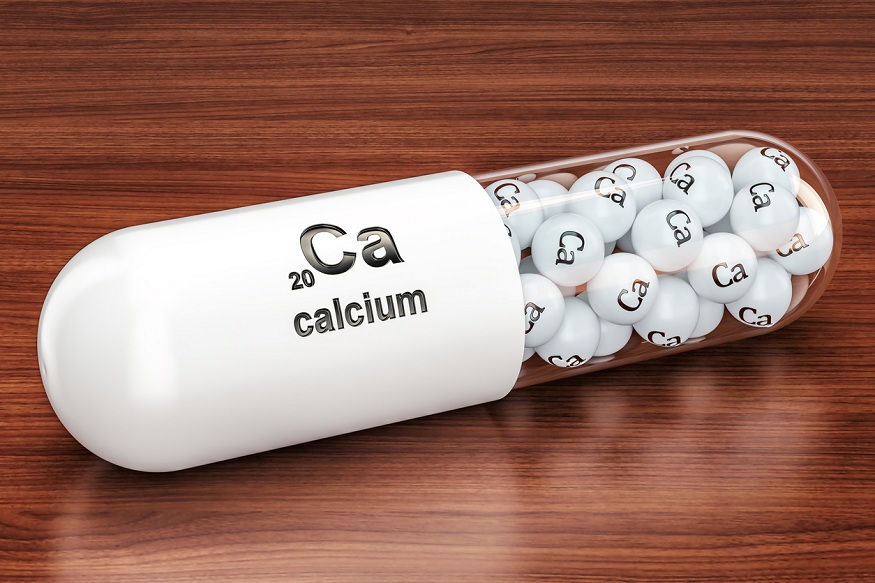Calcium Tablets for Women: When and Why to Start
Let’s be real—life doesn’t slow down, and neither do we. But as women, our bodies go through a lot, and keeping our bones strong is something we often forget about… until we start feeling it. The truth is, we don’t always get enough calcium from food alone, and that’s okay. That’s where calcium tablets for women can step in and make life a little easier.
Why Calcium Is Essential for Women’s Health
The Role of Calcium in the Body
Calcium’s like the behind-the-scenes hero of your body. It keeps your bones strong, yes—but it also helps your heart beat, your muscles move, and your nerves do their thing. And for women, our need for calcium only goes up with time. Periods, pregnancies, menopause—these life stages shift how our bodies use calcium. If we’re not careful, our bones end up paying the price.
Life Stages Where Women Need More Calcium
- Teenage years: This is when your body’s laying the foundation for lifelong bone health.
- Pregnancy & breastfeeding: You’re not just feeding yourself—you’re growing a whole new person. Your calcium needs go up big time.
- Menopause: Estrogen drops, and bones start losing calcium faster. This is when calcium tablets for women really matter.
Signs of Calcium Deficiency in Women
Here’s What to Look Out For:
- Muscle cramps (especially those annoying ones at night)
- Weak nails, hair thinning out
- Tingling or numbness in your fingers
- Bones that just don’t feel as strong
These aren’t just random symptoms—they could be signs that your body is running low on calcium. Supplements can help bring things back into balance.
When Should Women Start Taking Calcium Tablets?
It Depends on Where You’re At in Life
- Teen years: Perfect time to build up your bone bank.
- 20s to 40s: Maintain your strength and prevent future problems.
- 50 and above: This is when bone loss speeds up, and calcium really becomes a must.
Diet and Lifestyle Count Too
Don’t drink much milk? Vegan? Lactose intolerant? If you’re missing out on calcium-rich foods, calcium tablets for women can fill that gap without the hassle.
But First, Talk to Your Doctor
Everyone’s body is different. A quick check-in with your doctor can help you figure out what type of calcium (and how much) works best for you.
How to Choose the Right Calcium Supplement
Here’s What Matters:
- Type of calcium: The two big ones are carbonate and citrate
- Vitamin D included: It helps your body actually use the calcium
- Easy on the tummy: Because nobody needs a supplement that makes them feel worse
- Safe & tested: Always go for trusted brands with quality checks
The best calcium supplement is the one that fits your lifestyle and doesn’t cause any trouble.
Some Pro Tips:
- Aim for 1,000–1,200 mg of calcium per day
- Don’t take it all at once—split it up for better absorption
- Take calcium carbonate with food; calcium citrate is fine anytime
Natural Food Sources of Calcium
Even if you’re taking calcium tablets for women, eating calcium-rich foods is still super helpful. Try mixing these into your meals:
- Dairy: Milk, cheese, yogurt
- Greens: Kale, spinach, broccoli
- Nuts & seeds: Almonds, chia, sesame
- Fortified stuff: Plant-based milks, orange juice, cereals
Some days you’ll eat more of these, some days less—and that’s okay. Supplements are there to fill in the gaps, not replace real food.
FAQs
Q1. When should I start taking calcium tablets?
Honestly? Anytime your diet isn’t cutting it. Teens, pregnant women, and anyone over 50 usually benefit the most. But it’s best to check with your doctor.
Q2. Is it okay to take calcium every day?
Totally! Just stick to the recommended amount. More doesn’t always mean better—your body can only use so much at a time.
Q3. When’s the best time to take calcium tablets?
If it’s calcium carbonate, take it with food. Calcium citrate? You’ve got more flexibility—meals or no meals.
Q4. Do I really need Vitamin D too?
Yes! Think of Vitamin D as calcium’s sidekick. Without it, your body can’t absorb calcium well. They’re a power pair.


Leave a Reply
You must be logged in to post a comment.